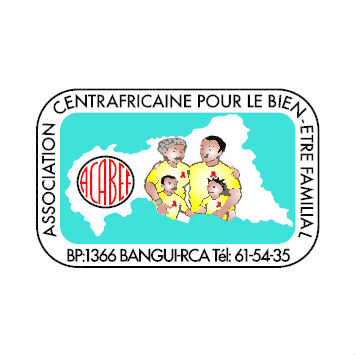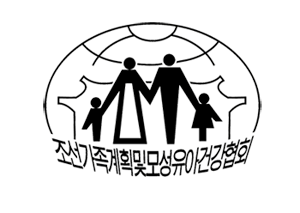

| 31 March 2016
Association Centrafricaine pour le Bien-Etre Familial
Sexual and reproductive health (SHR) statistics for the Central African Republic are some of the poorest on the continent. The need for proper, informed, accessible, safe, stigma-free sexual and reproductive health (SRH) services is paramount. The Association Centrafricaine pour le Bien-Etre Familial (ACABEF) came into being in 1987, expressly to address the urgent need for sexual and reproductive health (SRH) services. Working intensively within communities, the organization has grown rapidly over the years and now provides sexuality education and SRH services including family planning, gynaecological counselling and care, post-abortion care, antenatal care and voluntary counselling and testing (VCT) for HIV. ACABEF operates permanent and mobile clinics with community-based distribution sites (CBDs). In addition to full-time health personnel and administrative staff, the organization relies on the dedicated support of hundreds of volunteers, a Youth Action Movement and over a hundred trained peer educators. And ACABEF's outcomes are impressive. The majority of all services were provided to poor, marginalized, socially excluded and/or under-served people. ACABEF works in partnership with the government ministries in charge of planning, health and family and social affairs. It benefits from the support of CISJEU and its donors include UNFPA and Population Services International. ACABEF has close working relationships include CIONGCA (which coordinates the response of all NGOs working at national level), the Central African Network of People living with HIV (RECAPEV), the Réseau des Organisations Nationales de Lutte contre le SIDA (RONALSI) and Amis d’Afrique.

| 31 March 2016
Korean Family Planning & Maternal Child Health Association of DPRK
The Democratic People’s Republic of Korea (DPRK): Family Health Association of Korea (FHAK) formerly Korean Family Planning & Maternal and Child Health Association (KFP&MCHA) was established in 1990. Family Health Association of Korea is actively supported by the government to diversify family planning services and to improve their quality. One of the major challenges is geographic inequality. 80% of the country’s land mass is mountainous, with mining constituting a major industry. Large numbers of people live in this area, working in coal and mineral mines and forest stations. Fertility rates are much higher than in large urban areas, the contraceptive prevalence rate is much lower, and the number of trained family planning advisers is limited. FHAK has targeted these people with reproductive healthcare and information, education and communication (IEC) programmes. Contraceptive prevalence has increased, and the method mix has shifted significantly from IUD to pills, condoms and sterilization. In 2010, FHAKdelivered 538,000 condoms and 138,000 sexual and reproductive health services through 17 service points, including 9 permanent clinics and 8 mobile facilities. The Democratic People’s Republic of Korea (DPRK): Family Health Association of Korea (FHAK) is actively supported by the government to diversify family planning services and to improve their quality. One of the major challenges is geographic inequality. 80% of the country’s land mass is mountainous, with mining constituting a major industry. Large numbers of people live in this area, working in coal and mineral mines and forest stations. Fertility rates are much higher than in large urban areas, the contraceptive prevalence rate is much lower, and the number of trained family planning advisers is limited. FHAK has targeted these people with reproductive healthcare and information, education and communication (IEC) programmes. Contraceptive prevalence has increased, and the method mix has shifted significantly from IUD to pills, condoms and sterilization. In 2010, FHAK delivered 538,000 condoms and 138,000 sexual and reproductive health services through 17 service points, including 9 permanent clinics and 8 mobile facilities.







